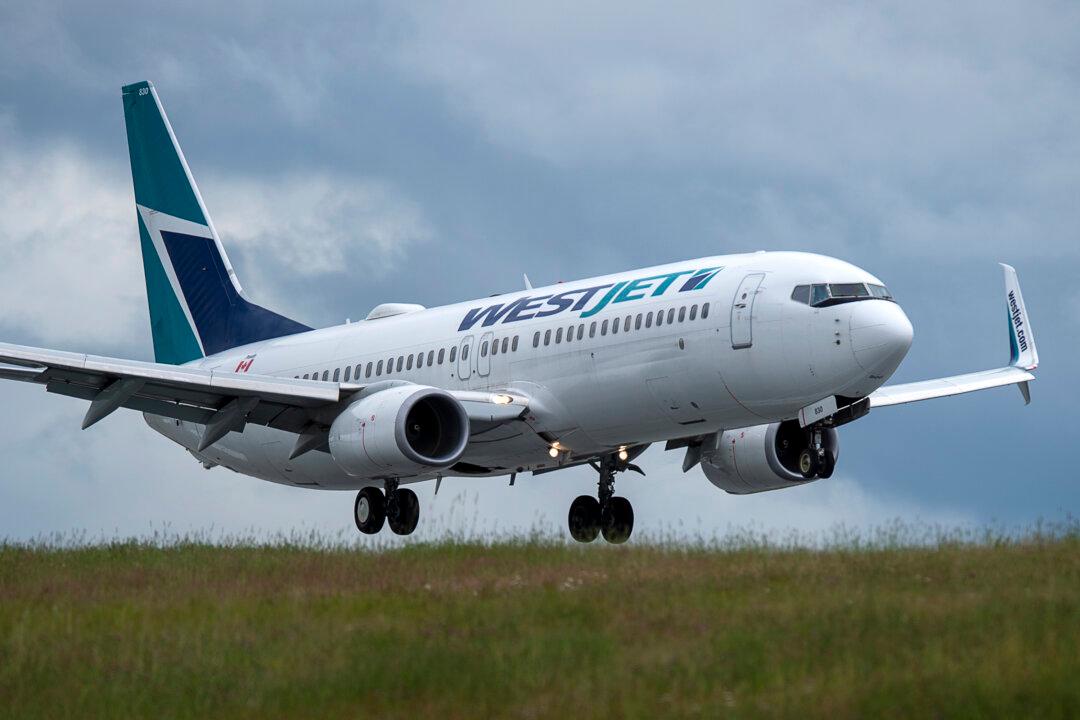A possible long-weekend strike at WestJet has been averted.
The federal government on June 27 directed the airline and plane mechanics into binding arbitration, steering clear of a work stoppage that threatened to disrupt flights for hundreds of thousands of travellers over the Canada Day long weekend.





